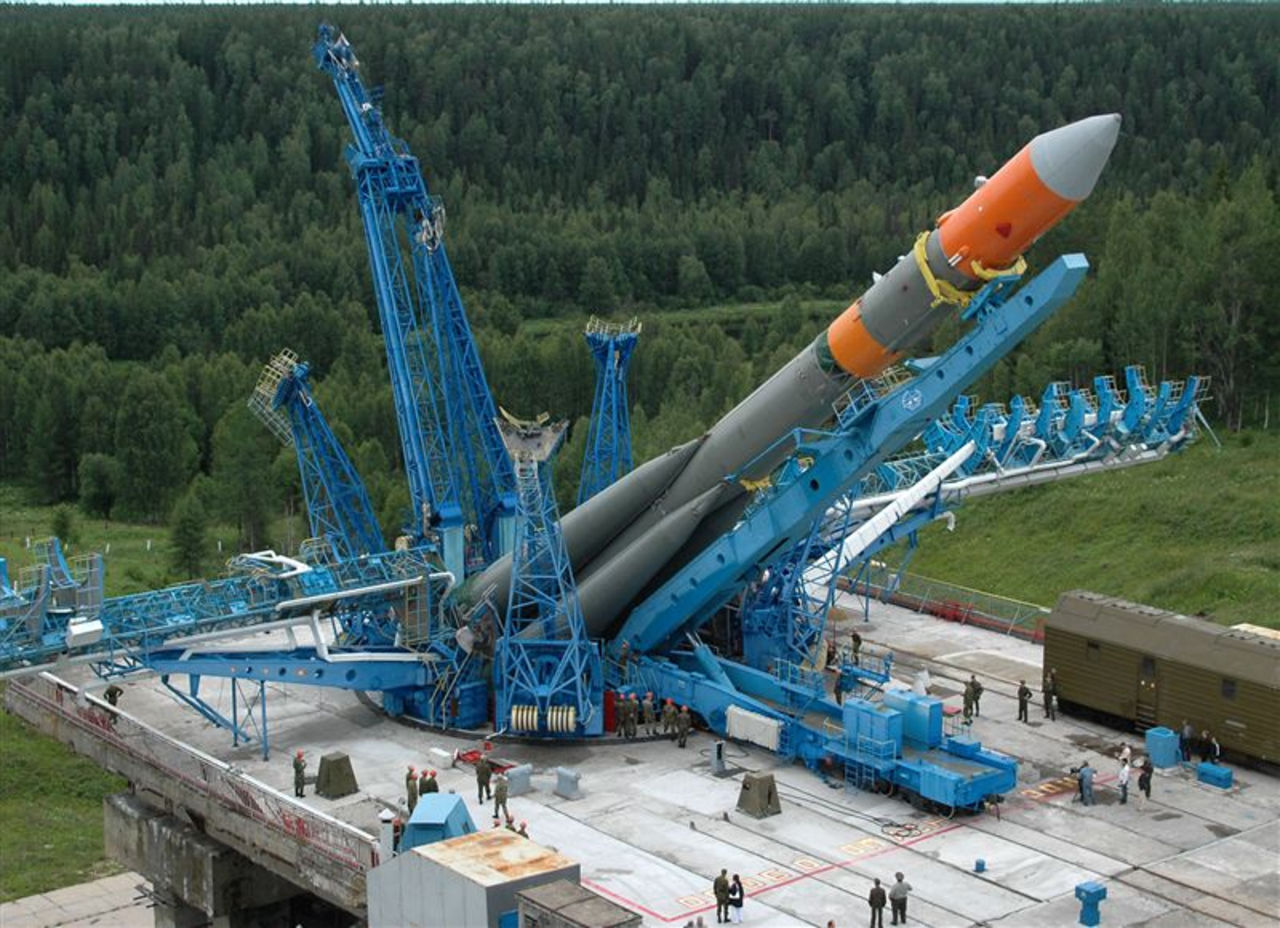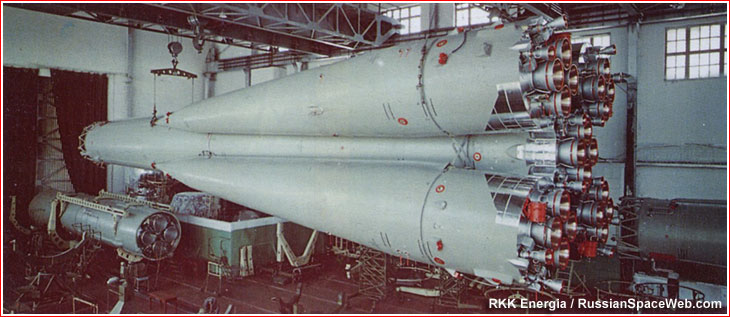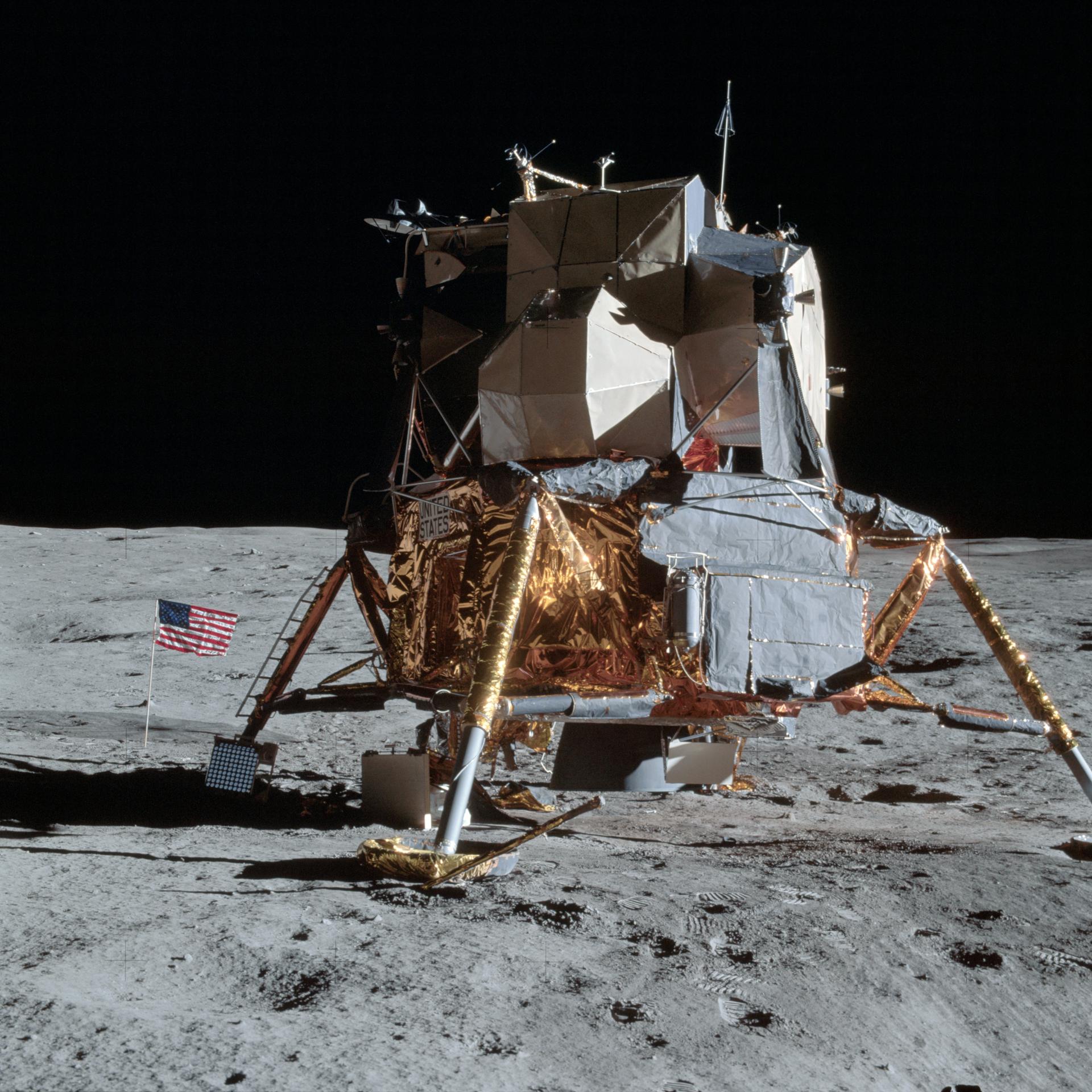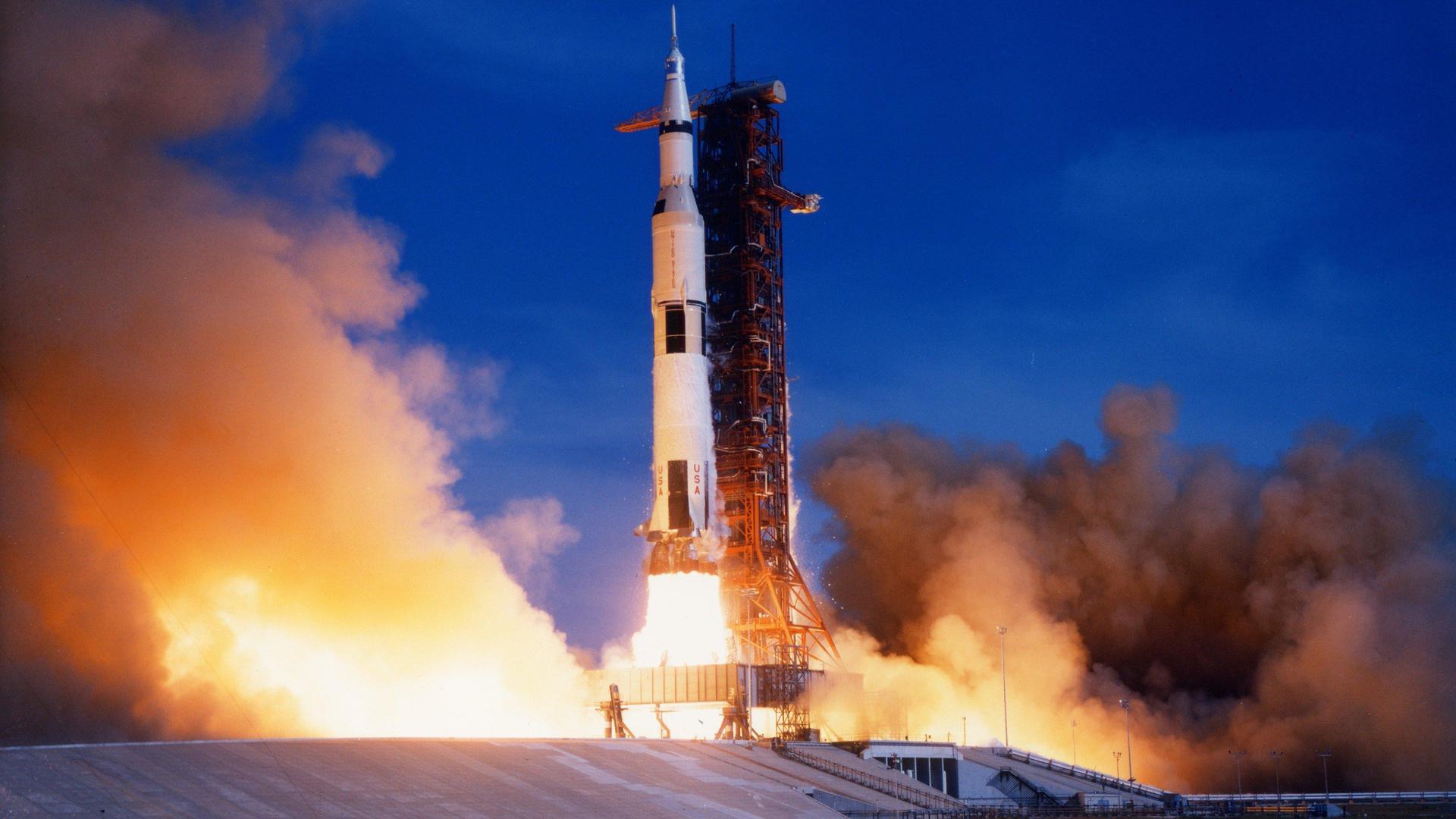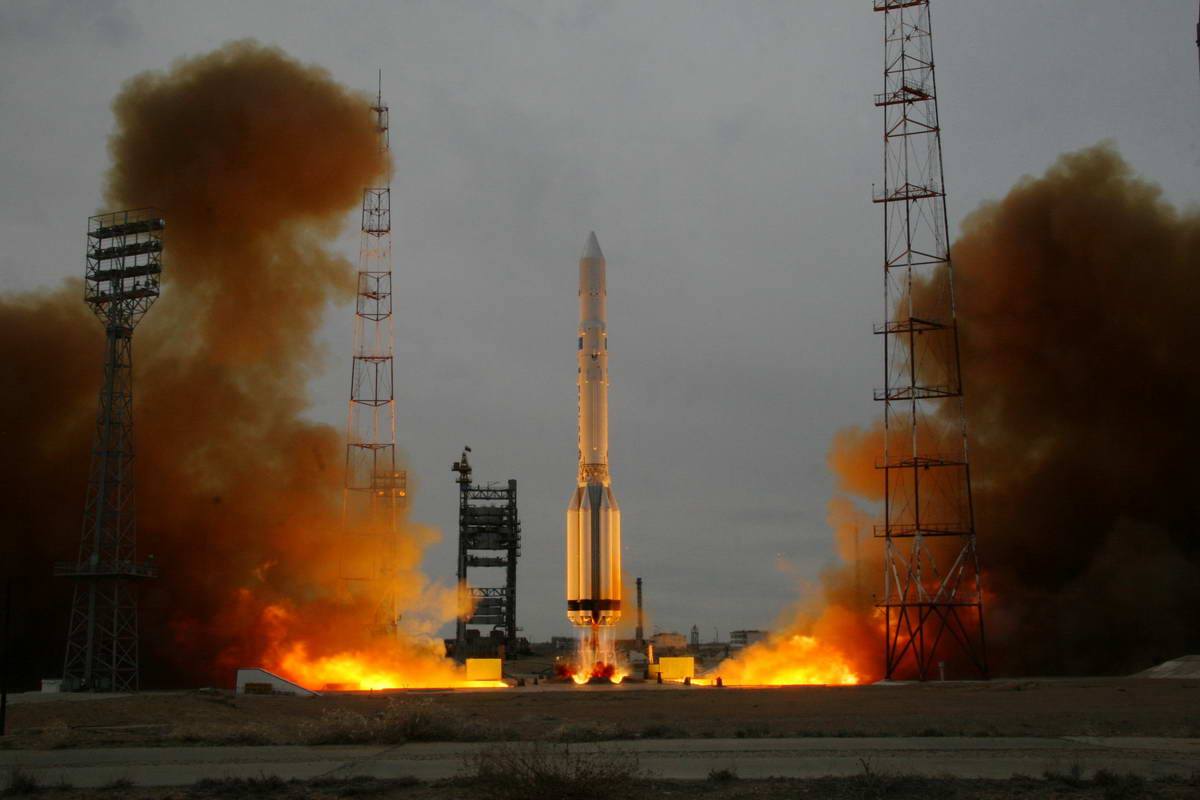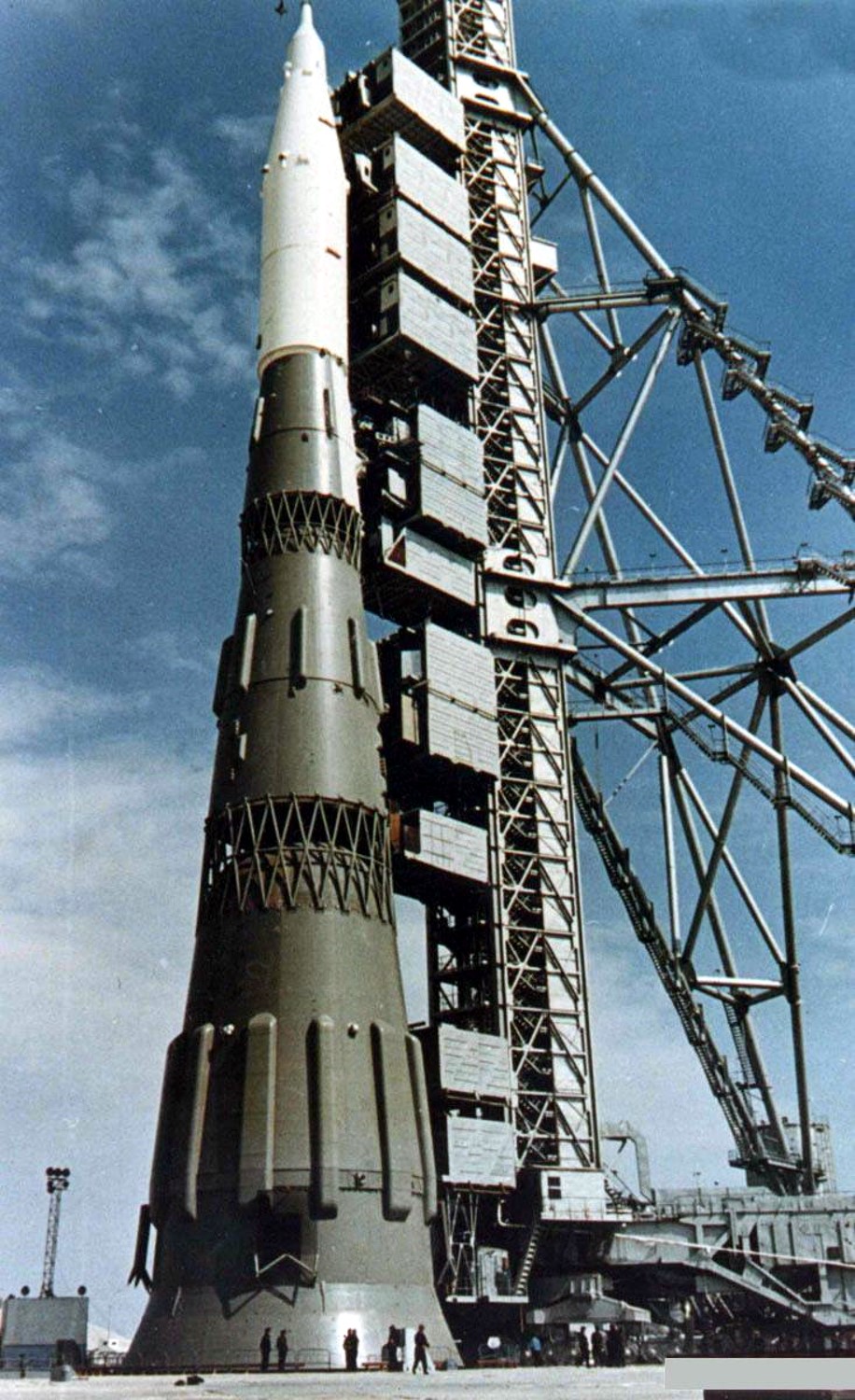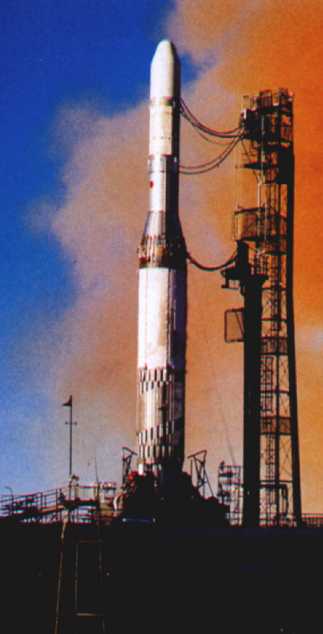Previous Spaceflight Launches
Filter by Agency, Locations or Vehicles
Show All LaunchesMolniya-M | Molniya-1 12
Russian Space Forces | RussiaBaikonur Cosmodrome, Republic of Kazakhstan
July 22, 1969, 12:55 p.m.
Voskhod | Zenit-2 76
Soviet Space Program | RussiaPlesetsk Cosmodrome, Russian Federation
July 22, 1969, 12:30 p.m.
Apollo LM | Apollo 11
Northrop Grumman Space Systems | United States of AmericaMare Tranquillitatis, Moon
July 21, 1969, 5:54 p.m.
Saturn V | Apollo 11
National Aeronautics and Space Administration | United States of AmericaKennedy Space Center, FL, USA
July 16, 1969, 1:32 p.m.
Status: Launch Successful
Mission:
Apollo 11 was commanded by Neil Armstrong , Command Module Pilot Michael Collins and Lunar Module Pilot Edwin "Buzz" E. Aldrin. The Mission was to complete the goal that President John F. Kennedy set on May 25, 1961 to land a man on the moon and return the crew back to Earth. On July 20,1969 Neil Armstrong and Buzz Aldrin landed there Lunar Module on the sea of tranquility this marked the first time a human has set foot upon another celestial body.
Lunar OrbitProton | Luna-15
Russian Federal Space Agency (ROSCOSMOS) | RussiaBaikonur Cosmodrome, Republic of Kazakhstan
July 13, 1969, 2:54 a.m.
Voskhod | Zenit-4 61
Soviet Space Program | RussiaPlesetsk Cosmodrome, Russian Federation
July 10, 1969, 9 a.m.
N1 | Zond-M 2
Russian Federal Space Agency (ROSCOSMOS) | RussiaBaikonur Cosmodrome, Republic of Kazakhstan
July 3, 1969, 8:18 p.m.
Europa I | STV 2
European Launcher Development Organisation | FranceRAAF Woomera Range Complex
July 2, 1969, 10:55 p.m.
Thor Delta N | Biosat 3
McDonnell Douglas | United States of AmericaCape Canaveral SFS, FL, USA
June 29, 1969, 3:15 a.m.
Status: Launch Successful
Mission:
The objectives of the Biosatellite, a.k.a. Biosat, Bios (Biological Satellite), were to determine the biological effects of the space environment upon daily rhythms of living organisms and to obtain and analyze available data on the performance in orbit of life support, altitude control, and other spacecraft systems, including instrumentation for recording biological data.
Low Earth OrbitVoskhod | Zenit-4 60
Soviet Space Program | RussiaBaikonur Cosmodrome, Republic of Kazakhstan
June 27, 1969, 6:59 a.m.
